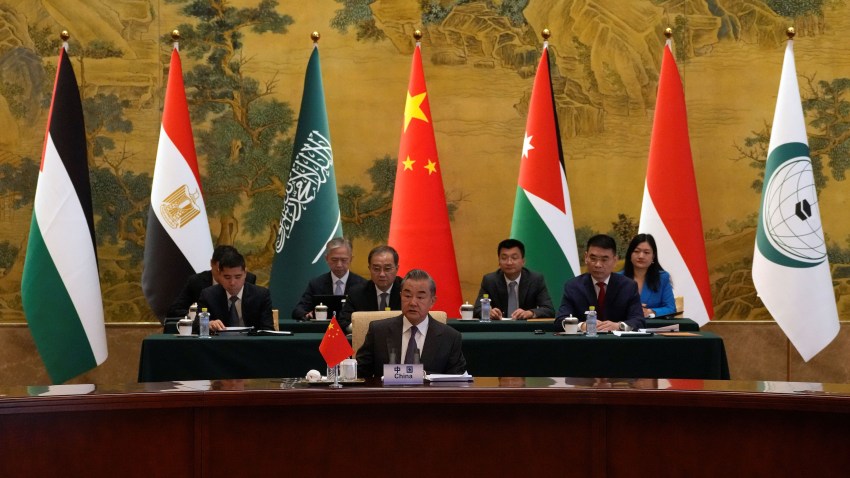China called for all relevant parties to ensure safe passage for merchant shipping in the Red Sea as Houthi rebel attacks continue to disrupt global shipping. The U.S., which conducted a fifth strike against Houthi military installations in Yemen yesterday, is believed to have reached out to China to request that Beijing pressure Iran, which backs the Houthis, to rein them in. (Financial Times)
Our Take
Since the Israel-Hamas war broke out more than three months ago, China’s response to developments in the Middle East has been defined by one thing: opportunism. Beijing has sought favor with the Global South by ramping up criticism of Israel and supporting the Palestinian cause, a move enabled by China and Israel’s already deteriorated economic ties. And as we mentioned yesterday, China has offered to mediate growing tensions between Iran and Pakistan.
Relatively speaking, these moves are low-hanging fruit. They underscore Beijing’s diplomatic savvy, but also highlight its limitations in playing a meaningful role in shaping the security landscape of the Middle East. As Jon Hoffman put it for WPR last month, “The reality is that Beijing has neither the ability nor the desire to assert itself as the chief powerbroker across the region.”

